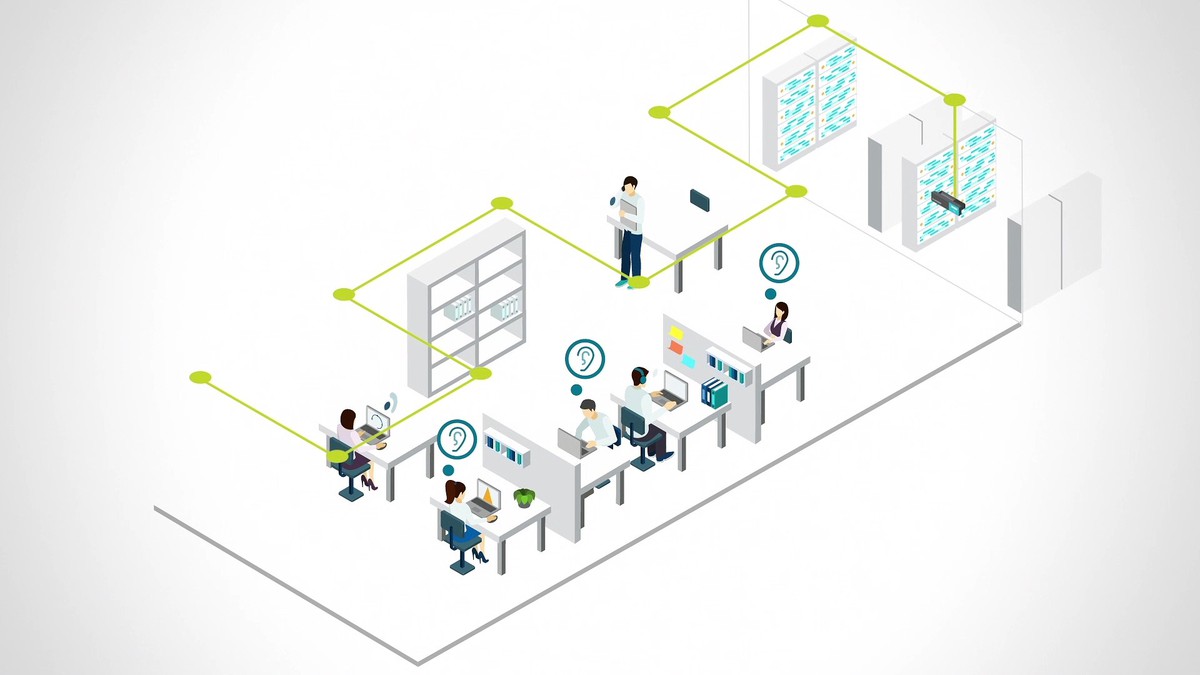
As the 21st century healthcare continues to evolve, increasing numbers of physicians and other health care providers are relying on telemedicine. Currently, there are at least 42 telehealth portals in America, including TeleDoc, Doctor on Demand, and America Well. They encompass almost every segment of the health care industry, from primary care to fitness to mental health. However, many physicians are concerned about the legality of telehealth, despite positive patient outcomes. Being well-versed in current Health Insurance Portability and Accountability Act (HIPAA) laws and how they impact telemedicine can allay many of those concerns.
HIPAA’s Impact On Telehealth Technology
HIPAA protects patient privacy, but it involves much more than that. It also encompasses security standards for health care providers and those who work with them, such as information technology specialists installing cloud-based programs. For example, under HIPAA, all individually identifiable health information must be kept private and protected at all times. This covers any entity that creates, receives, maintains, or transmits patient information in any form.
Additionally, HIPAA’s Security Rule requires that each covered entity—whether a small local clinic or a large health care agency—perform risk analyses to determine whether its data is being adequately protected. Chosen security measures must be documented and reasonably implemented. Any breach of HIPAA that affects individually identifiable information must be reported within 60 days.
These stringent regulations also apply to cloud-based technology installers. According to HIPAA, data encryption must fall under FIPS-140-2. Additionally, cloud-based technology must include highly sensitive access controls, such as fingerprint scans, eye scans, master keys, or electronic IDs. This not only protects the telehealth system from hackers, but also ensures health care providers cannot access and misuse one another’s patient data.
Ensure Your System Is HIPAA-Compliant
Before setting up a telehealth practice, be sure that the technological experts you hire are familiar with HIPAA compliance. Ask to see their access controls and data encryption methods. In addition, analyze the system’s backup and disaster plans. These should include offsite backup options in the event of catastrophic breaches or system crashes. Finally, ensure that each member of your technology provider’s staff is familiar with HIPAA, dedicated to compliance, and willing to participate in regular internal audits. Ask for copies of your vendor’s disaster recovery plan, credentials, and access control instructions as well.
http://www.hhs.gov/hipaa/for-professionals/security/laws-regulations/index.html
Talk to Us About Your Project
Too busy to chat right now?
Send us a message.





